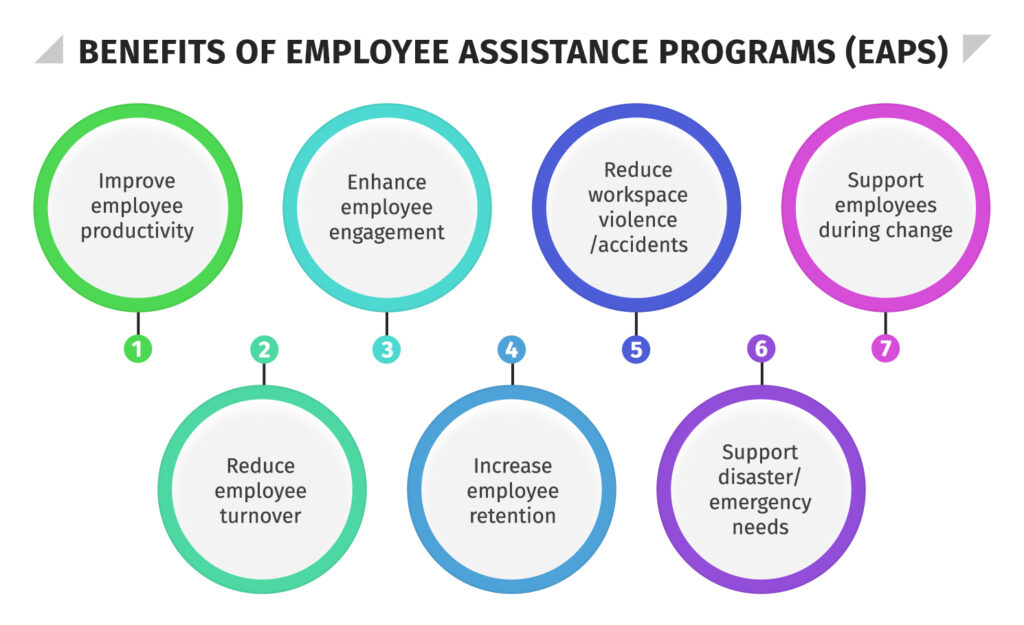Building positive relationships in work and social settings
About us
We provide quality EAP supports in Warrnambool and the South West Region.

About Us
Who we are
Wellness Connect Employee Assistance Programs and Counselling Services
We provide quality EAP supports in Warrnambool and the South West Region. Our confidential people centred approach does proactively respond to employee’s wellbeing needs, helps to improve the culture and the performance of the business.

Why Choose EAP?
Benefits of EAP

Why Choose EAP?
Common issues delt with in EAP
Employee Assistance Programs (EAPs) commonly address a variety of personal and work-related issues. Some of the most frequent topics include:

Types of evidence-based therapy that we use
Evidence-based therapies are approaches to treatment that are supported by research and clinical evidence. Here are some common types:
These therapies are used in various settings and can be tailored to meet individual needs.
